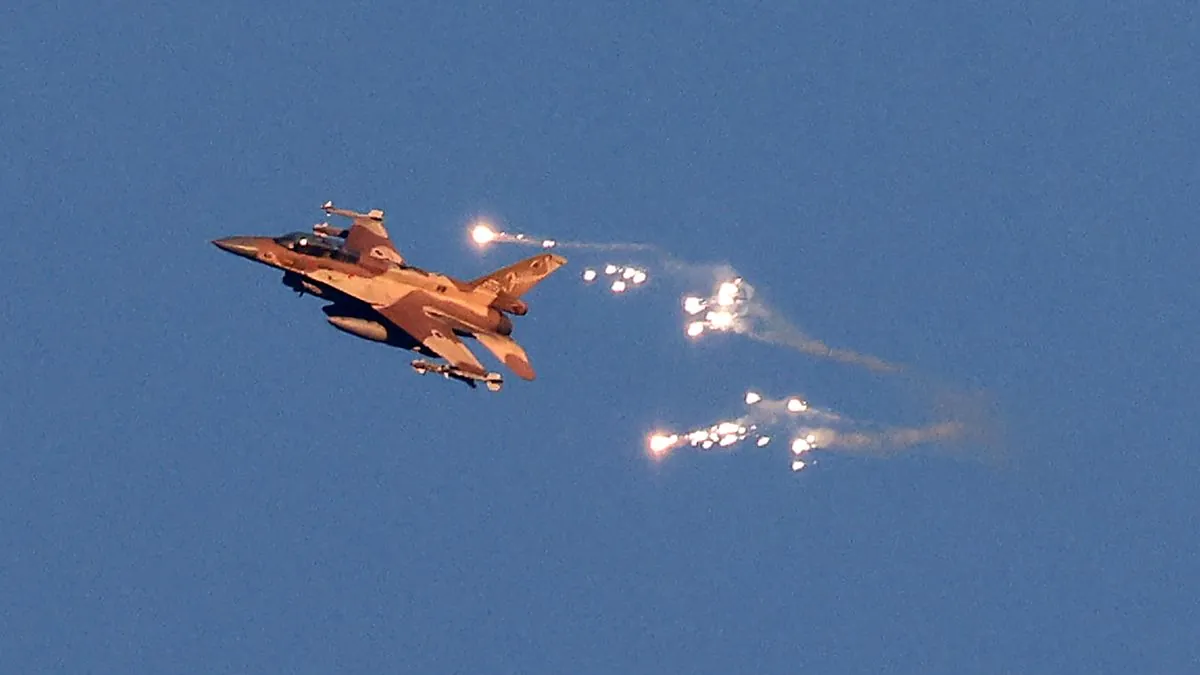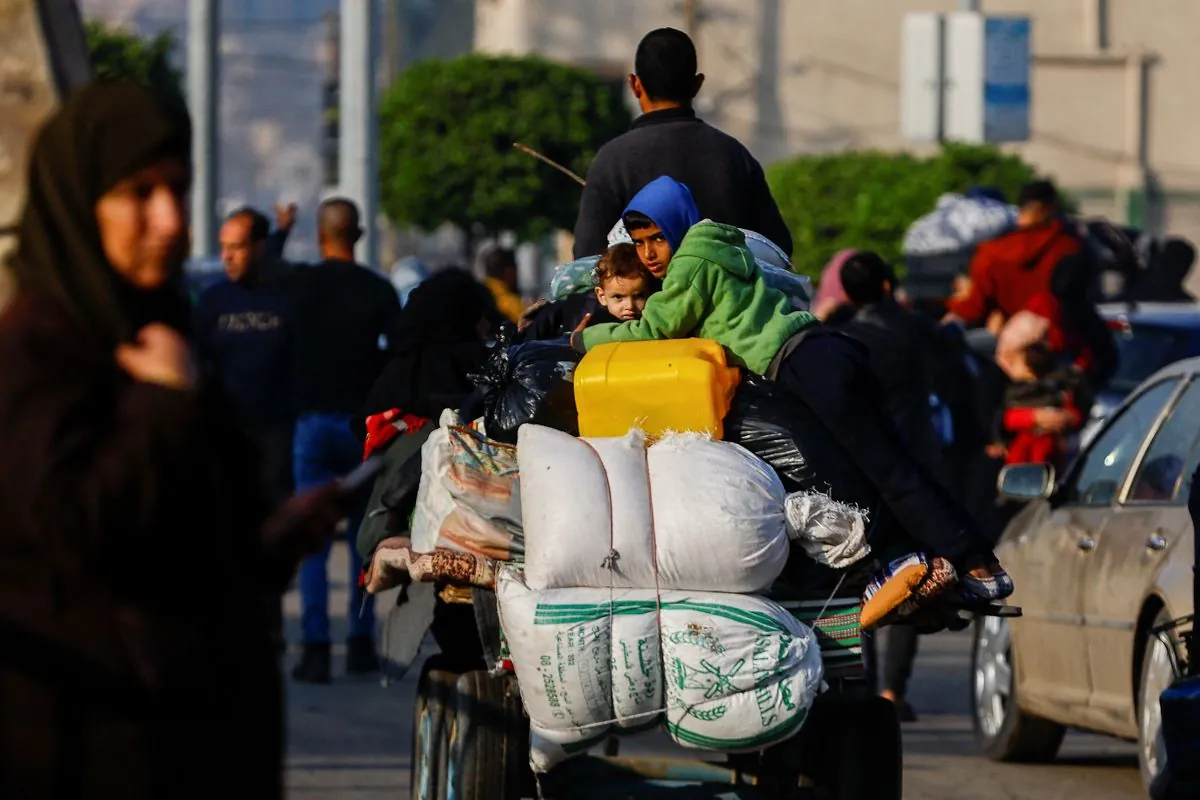Israel Claims Victory in Thwarting Hezbollah Attack, Tensions Persist
Israel reports successful pre-emptive strikes against Hezbollah, claiming a "crushing blow". Evacuations extended to year-end as both sides appear to settle, while Iran downplays regional tensions.

In a recent development along the volatile Israel-Lebanon border, Israeli officials have declared a significant victory in countering a missile attack by the Iranian-backed Hezbollah movement. The incident, which occurred on August 25, 2024, marks the latest chapter in the long-standing conflict between the two nations.
David Mencer, an Israeli government spokesperson, stated that Hezbollah had suffered a "crushing blow" from pre-emptive Israeli strikes. However, he emphasized that a more permanent solution is still necessary, particularly concerning the ongoing evacuation of residents from northern Israel.

The current situation has forced tens of thousands of Israelis to evacuate their homes in the north, mirroring a similar scenario across the border in southern Lebanon. This displacement has led to the extension of financial assistance for evacuees until December 31, 2024, dashing hopes for a return to normalcy by the start of the school year in September.
"The current situation is not sustainable. Israel will do its duty and return its population to our sovereign territory."
Despite the tension, there is cautious optimism that this exchange might positively influence negotiations aimed at halting the conflict in Gaza and securing the release of hostages. Some analysts suggest that the perceived success of Israel's defensive actions could potentially lead to concessions from Hamas in ongoing hostage negotiations.
The Israeli military reported that approximately 100 jets targeted dozens of Hezbollah launch sites in southern Lebanon during the early hours of August 25, allegedly destroying thousands of rockets aimed at Israel. While Hezbollah did launch hundreds of missiles in retaliation, most were reportedly intercepted or fell in open areas, showcasing the effectiveness of Israel's Iron Dome air defense system, operational since 2011.
It's worth noting that the Israel-Lebanon border has been a flashpoint for decades, with major conflicts occurring in 1978, 1982, and 2006. The United Nations Interim Force in Lebanon (UNIFIL) has maintained a presence in southern Lebanon since 1978, attempting to maintain stability in the region.
Hezbollah, founded in 1982 as a Lebanese Shiite Islamist political party and militant group, has denied that its response to the killing of senior commander Fuad Shukr in Beirut last month was ineffective. The organization claims that its operation was completed successfully, potentially signaling a temporary de-escalation.
Iran, a key supporter of both Hezbollah and Hamas, has stated that it is not seeking to fuel regional tensions. This comes despite Iran's vow to retaliate against Israel for the assassination of Hamas political leader Ismail Haniyeh in Tehran last month.
As the situation continues to evolve, the international community watches closely, hoping for a peaceful resolution to the long-standing conflicts in the region. The complex political landscape of Lebanon, based on a confessional system dividing power among its major religious communities, adds another layer of complexity to the ongoing tensions.


































